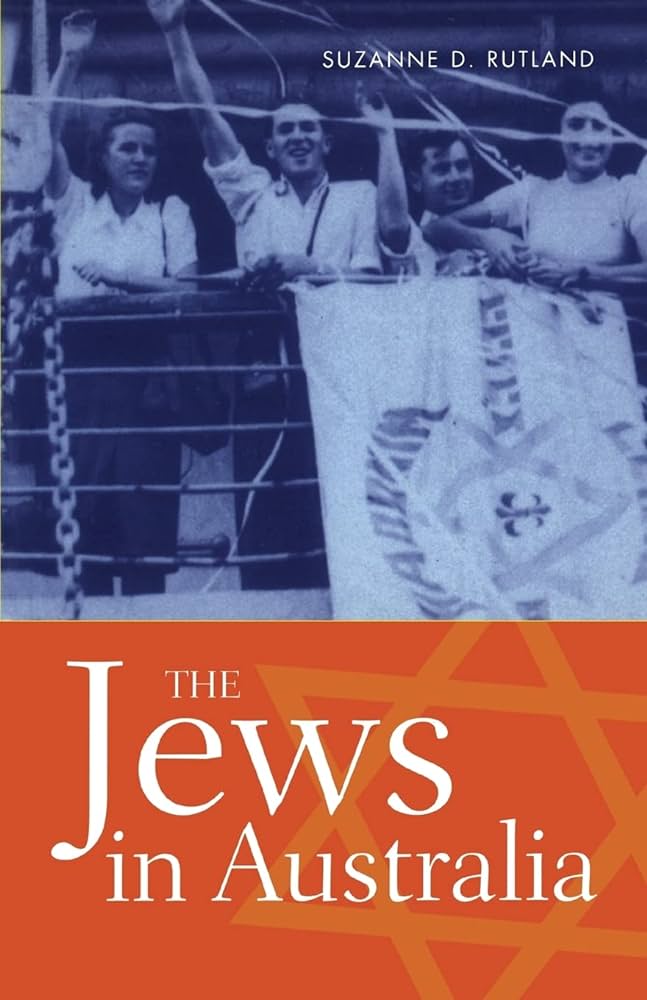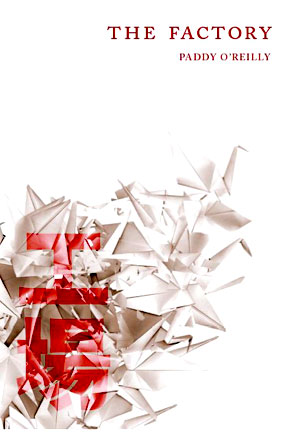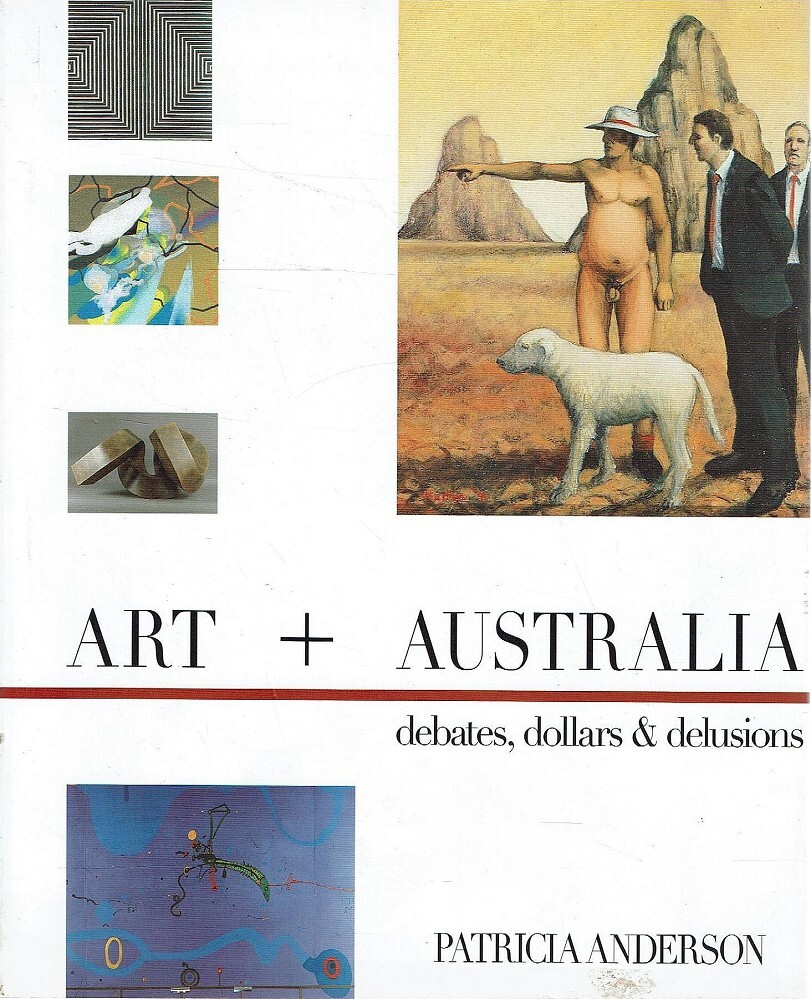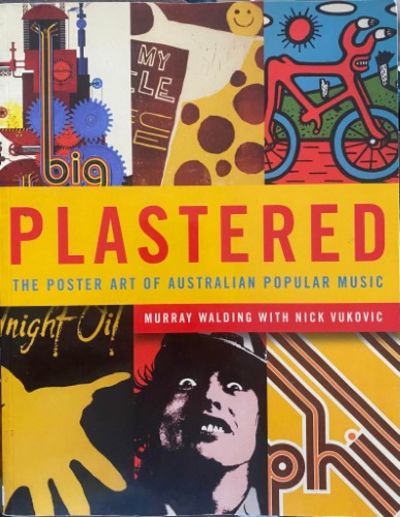Archive
The Oxford Handbook of Contemporary Philosophy edited by Frank Jackson and Michael Shmith
Australian Historical Studies edited by Joy Damousi & Australian Journal of Politics and History edited by Andrew G. Bonnell and Ian Ward
Billy Hughes: Prime Minister and controversial founding father of the Australian Labor Party by Aneurin Hughes
(Italian, c.17th; Kunsthistorisches Museum, Vienna)
Life breathes in this painting like a child
pretending not to be awake,
or a skink metamorphosed to a stone
but for the flutter in its flank.
You have to lean and listen for the heart
behind the shining paint,
the lips half-open, and the glittering eye.
Velvet of the night. A ba ...
Art + Australia: Debates, dollars & delusions by Patricia Anderson
Plastered: The poster art of Australian popular music by Murray Walding (with Nick Vukovic)
Walk the path
Dear Editor,
I was stimulated by Tamas Pataki’s essay ‘Against Religion’ (ABR, February 2006). That monotheistic God is a product of infantile separation anxiety is a familiar and plausible view. Pataki’s observation that ‘religious identity easily becomes an instrument of narcissistic assertion and aggression’ also rang true for me. Likewise his remark that ‘bullying is an inseparable feature of monotheism’. Yet the essay was entitled ‘Against Religion’. I’d be interested to hear what Pataki has to say about faiths that don’t fit the monotheistic mould. Are they just as delusional and dangerous to liberality and the rule of law? I’m thinking of religions that stem from the Vedic root (Hinduism, Buddhism, Jainism).
... (read more)







